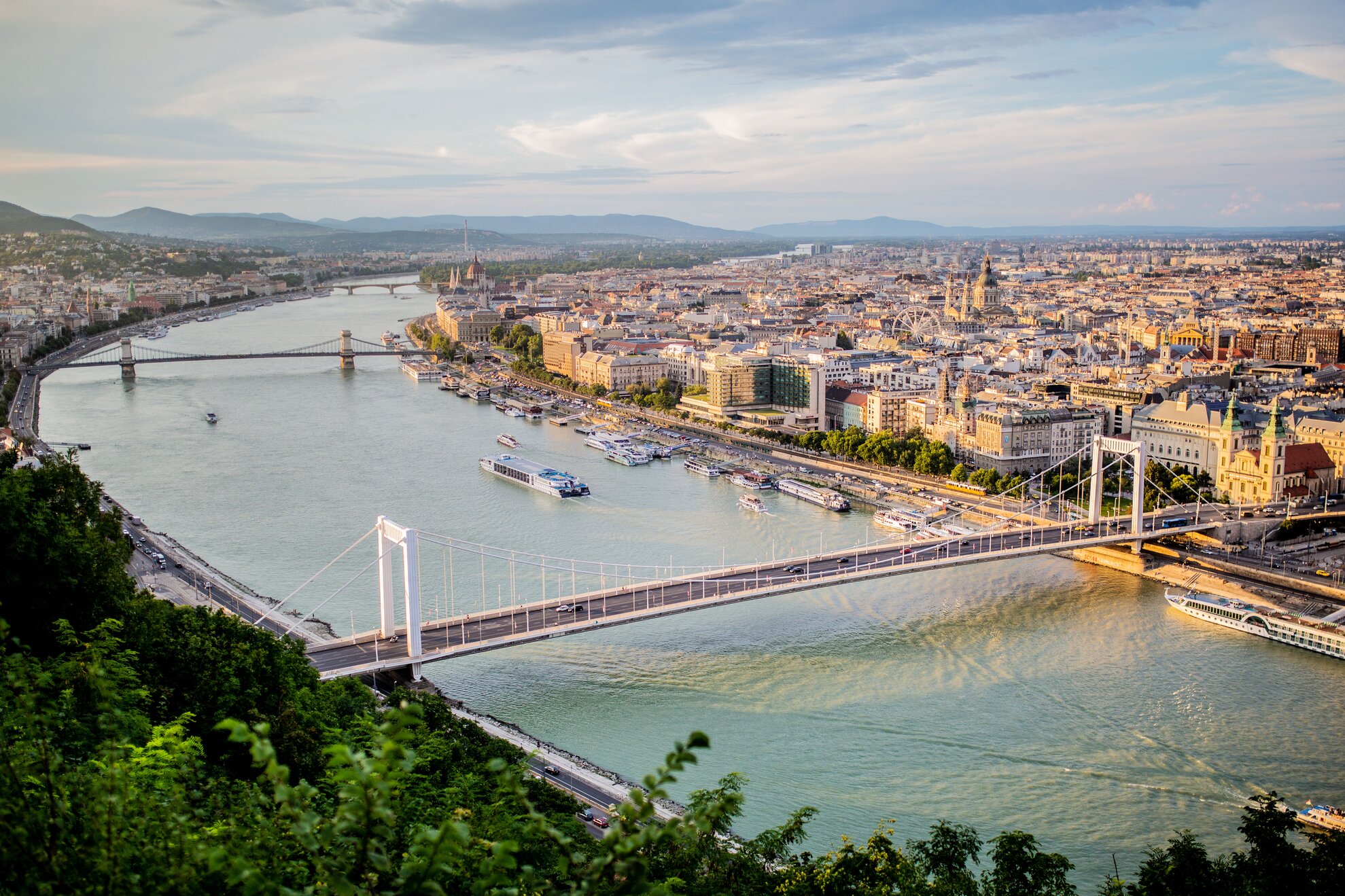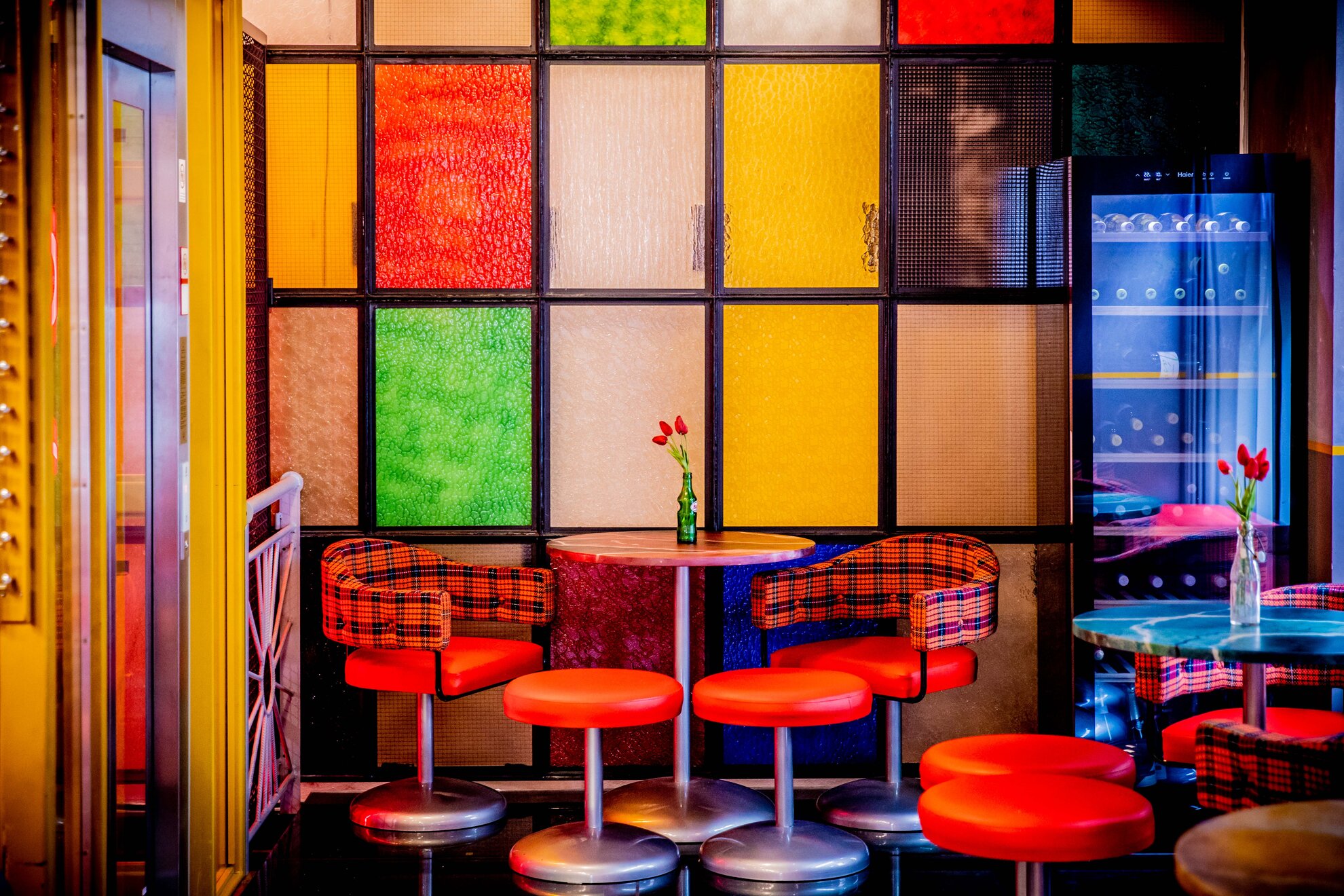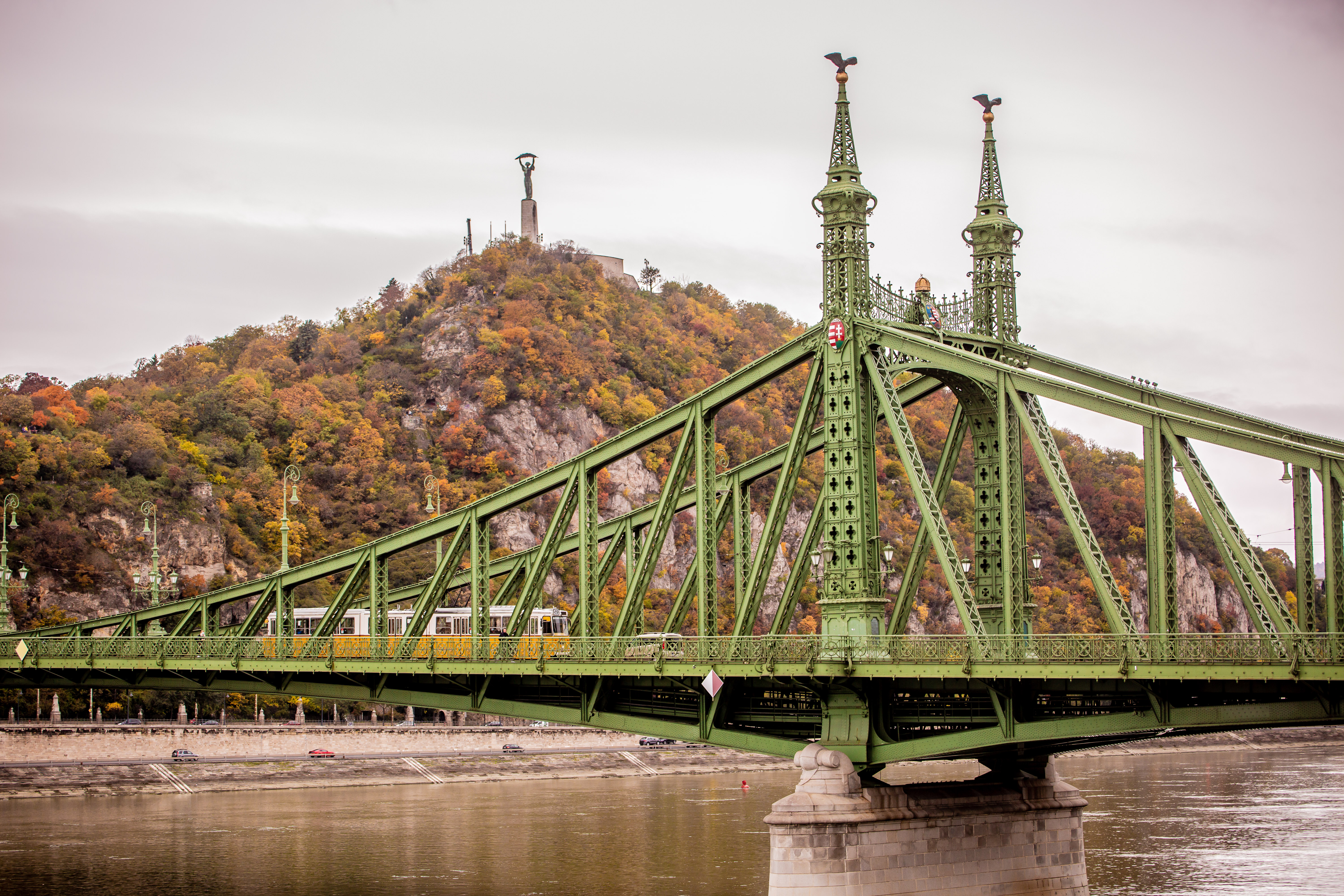We're organizing free Budapest
walking tours for the weekends of 22, 29, and 30 October, morning and
afternoon.
In close cooperation with the makers of The Apple Tree Blossom, a romantic feature film that will be released in 2023, we decided to give you some background info, paint the mood and talk about Budapest in the 70s, the interests and activities of young people at that time.

Somehow, in the last decades, the object culture, music, and spirit of the 80s and 90s have become an industry, we know a lot about these periods, and fortunately, Hungarian TV shows and filmmakers have been able to portray these eras accurately. The 70s are much less in focus, so The Apple Tree Blossom will be a truly essential work, a little introduction to the era, and in a context that has never been explored: the lives of Vietnamese young people and students arriving in Hungary provide the pillar of the story, which also depicts two timelines. Song Ha arrives in present-day Hungary from Vietnam to unravel an old family secret.
Budapest in the 70s, on weekends, everyone is watching the multi-genre talent show Ki mit tud? (Who Knows What?), drinking Márka cherry soda, listening to LGT and Omega songs, and the musical Képzelt Riport... (based on Tibor Déry's novel ‘An Imaginary Report on an American Rock Festival’) has already premiered.
There's some pressure on the students, but they are ingenious at finding their own way, not afraid to be young and free, and open to making friends with fellow Vietnamese students.

Our walks will take us through spots where the students used to have fun and gather at the time, but we will also touch on some of the filming locations. We look at pictures and listen to some essential music with special attention to the lyrics. And as we go along, we gradually get to know the emergence of Vietnamese culture in Hungary, from the 1970s to the present day. Because the Vietnamese subculture became visible in Budapest with the help of many extremely talented and hard-working people.
See you on
the free, registration-required walking tours in October, which you can sign up
for here. Places are filling up
fast, with spaces still available for our walks on 29 and 30 October at 4 pm.
Sign up now and don't miss out!




